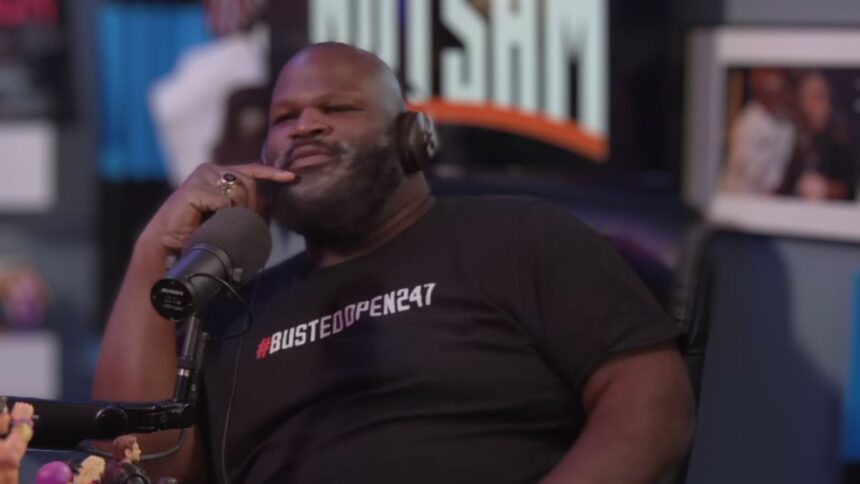Paul “Triple H” Levesque has been the Chief Content Officer and Head of Creative of WWE for nearly two years and has received positive reception for his long-term storytelling as well as the quality of week-to-week television. However, WWE Hall of Famer Rob Van Dam recently shared that “The Game” wasn’t as adored in the locker room as he is now, especially due to the superiority he had as both a WWE talent and an executive when he was still competing in the ring. On “1 Of A Kind,” Van Dam blamed Triple H for halting certain wrestlers from being pushed or elevated to the next level but did admit that having more authority backstage was not an easy position to be in.
“Hunter was in a position where he’s both office and at the same time he’s talent,” Van Dam explained. “So that’s a hard position to be in as far as [how you will be perceived by] the others as if you have an unfair advantage of pushing yourself over them, of getting ahead, maybe with less talent than would be required and to put the brakes on other people’s pathways… a lot of wrestlers will say the reason that they were stopped was because of Triple H, because he was either jealous or just because he’s with the boss’s daughter.”
Van Dam also mentioned that he thinks Triple H didn’t believe he was a good investment professionally for WWE as he went into detail about the 14-time World Champion voting against him when it came to elevating his character. Despite his criticisms, Van Dam acknowledged the challenging nature of Triple H’s dual role within the company.
This revelation adds a new layer to the narrative surrounding Triple H’s tenure in WWE. While his recent success as an executive has been widely praised, Van Dam’s comments provide insight into the complex dynamics that existed backstage during his wrestling career. Triple H’s unique position as both a performer and an executive undoubtedly created tension and perceptions of favoritism among his peers.
Triple H’s journey from a top in-ring talent to a key figure in WWE’s corporate structure has been marked by significant achievements and controversies. His ability to navigate the intricate politics of the wrestling world and transition into a powerful executive role speaks to his adaptability and strategic acumen. However, Van Dam’s critique highlights the difficulties and potential conflicts inherent in such a transition.
As Triple H continues to shape WWE’s creative direction, the perspectives of former colleagues like Rob Van Dam serve as important reminders of the multifaceted challenges he has faced. Balancing the demands of performance and executive responsibilities is no small feat, and Triple H’s legacy will undoubtedly be influenced by both his successes and the criticisms from his time in the ring.




